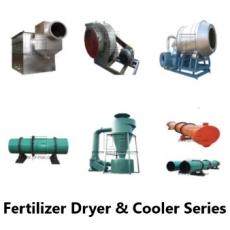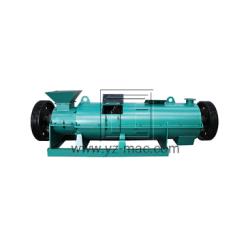Composting devices
Composting devices are essential tools for converting organic waste into nutrient-rich compost, promoting sustainable waste management practices. These devices come in various types, each designed to suit different needs and scale of composting operations.
Tumblers and Rotary Composters:
Tumblers and rotary composters are designed to facilitate the mixing and aeration of compost materials. These devices have a rotating drum or chamber that allows for easy turning of the compost. The tumbling action promotes oxygen circulation, accelerates decomposition, and helps maintain optimal moisture levels. Tumblers and rotary composters are suitable for homeowners, urban dwellers, and individuals seeking faster composting results.
In-Vessel Composting Systems:
In-vessel composting systems are larger-scale devices used in commercial composting operations. These systems consist of enclosed containers or vessels that provide a controlled environment for composting. They offer advanced features like temperature control, aeration systems, and automated mixing mechanisms. In-vessel composting systems are efficient in handling substantial amounts of organic waste, making them ideal for municipal composting facilities, large institutions, and industrial settings.
Aerated Static Pile Systems:
Aerated static pile systems combine the benefits of passive composting with active aeration. These systems involve creating compost piles on a prepared base, with perforated pipes or blowers installed to supply controlled amounts of air. The continuous airflow helps maintain optimal oxygen levels and speeds up decomposition. Aerated static pile systems are commonly used in commercial composting facilities, agricultural operations, and large-scale organic waste processing.
Applications of Composting Devices:
Commercial Composting:
Large-scale composting devices, such as in-vessel composting systems and aerated static pile systems, are essential for municipal composting facilities and commercial composting operations. These devices efficiently handle significant volumes of organic waste, including food waste, yard trimmings, and agricultural residues. They contribute to diverting waste from landfills and producing high-quality compost for landscaping, agriculture, and soil improvement applications.
Composting devices play a crucial role in organic waste management, enabling the conversion of organic waste into nutrient-rich compost. From home composting bins to large-scale in-vessel systems, these devices cater to various needs and composting scales. Whether for residential, community, municipal, or commercial applications, composting devices offer sustainable solutions for reducing waste, improving soil health, and promoting environmentally friendly practices.





